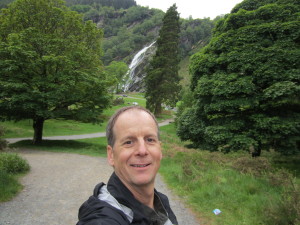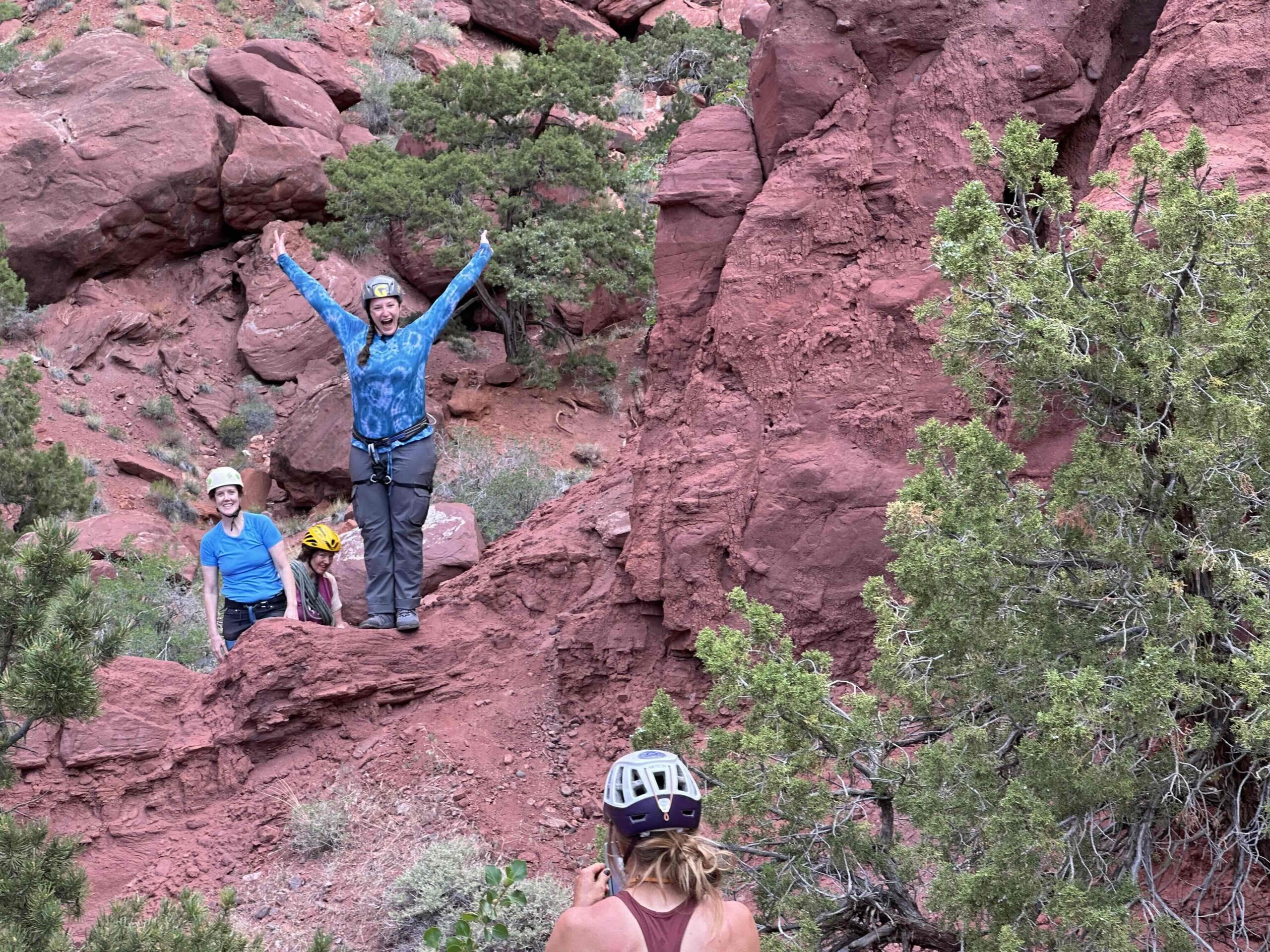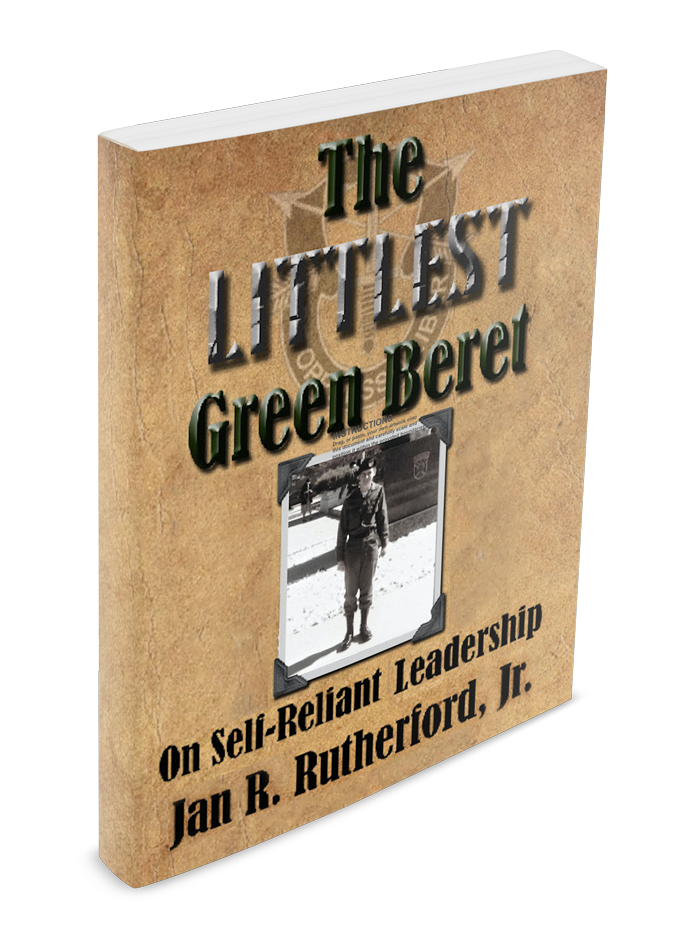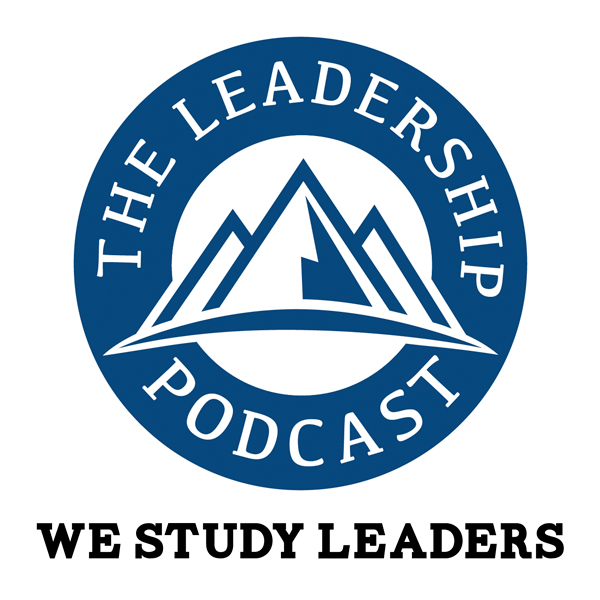As if I needed a reminder, today again showed me that I am terrible at relaxing. I can’t remember the last time I had nothing on the calendar. Absolutely zero. After going for a good run, I came back to my room and prepared for tomorrow’s class at the University College of Dublin. Some of the questions on leadership I plan to ask my students tomorrow follow:
- What was the earliest adversity you faced, and how has it affected your life?
- What makes a leader?
- Who are the leaders you admire, and what are the traits that make them effective?
- What does self-reliance mean to you?
- How do you guide people to the source of their own power?
- What, in particular, makes people rise to tough challenges?
- What leadership experience taught you the most and why?
- What knowledge and skills will you need to sharpen to become a more effective leader?
- Can Emotional Intelligence be learned? And how would you go about developing this in others?
- What can you do to improve your listening skills for the rest of your life?
- What can you do to make your optimism contagious?
- Will people help you succeed? Why or why not?
- What does reciprocity have to do with leadership?
- For whose good do you ultimately serve?
- What have you read that altered your perspective about leadership?
- What do you think of you as a leader? Why should anyone be led by you?
- How can you focus your energy to produce the greatest impact?
- Is your passion your life’s work? How does your life story fit with your passion, purpose, values, and vision?
- Is a good portion of your life dedicated to the service of others? Are you living a good life? What is a good life?
- Are you able to be the same person in all aspects of your life?
After I prepared my notes, I went for a walk through St. Stephens Green park, and then had tea at Bewley’s. I did a lot of people watching, and thought about how really crowded this world is. And where are all these people going in such a hurry – back and forth?!
 For the afternoon, our Teaching Assistant for the trip and I traveled to Enniskerry to see Powerscourt Waterfall. It’s Ireland’s highest waterfall (398′), and is set among the foothills of the Wicklow Mountains. What we didn’t realize is that from the bus stop to the waterfall was over 4 miles… and 4 miles back! Luckily, we dodged the rain during our 9-mile, 3-hour hike!
For the afternoon, our Teaching Assistant for the trip and I traveled to Enniskerry to see Powerscourt Waterfall. It’s Ireland’s highest waterfall (398′), and is set among the foothills of the Wicklow Mountains. What we didn’t realize is that from the bus stop to the waterfall was over 4 miles… and 4 miles back! Luckily, we dodged the rain during our 9-mile, 3-hour hike!
As much as I love Ireland, as described in “The Sounds of the Forest,” there is no substitute for the solitude of the wilderness to really relax and hear the unheard.
The Sound of the Forest
Back in the third century A.D., the King Ts’ao sent his son, Prince T’ai, to the temple to study under the great master Pan Ku. Because Prince T’ai was to succeed his father as king, Pan Ku was to teach the boy the basics of being a good ruler. When the prince arrived at the temple, the master sent him alone to the Ming-Li Forest. After one year, the prince was to return to the temple to describe the sound of the forest.
When Prince T’ai returned, Pan Ku asked the boy to describe all that he could hear. “Master,” replied the prince, “I could hear the cuckoos sing, the leaves rustle, the hummingbirds hum, the crickets chirp, the grass blow, the bees buzz, and the wind whisper and holler.” When the prince had finished, the master told him to go back to the forest to listen to what more he could hear. The prince was puzzled by the master’s request. Had he not discerned every sound already?
For days and nights on end, the young prince sat alone in the forest listening. But he heard no sounds other than those he had already heard. Then one morning, as the prince sat silently beneath the trees, he started to discern faint sounds unlike those he had ever heard before. The more acutely he listened, the clearer the sounds became. The feeling of enlightenment enveloped the boy. “These must be the sounds the master wished me to discern,” he reflected.
When Prince T’ai returned to the temple, the master asked him what more he had heard. “Master,” responded the prince reverently, “when I listened most closely, I could hear the unheard—the sound of flowers opening, the sound of the sun warming the earth, and the sound of the grass drinking the morning dew.” The master nodded approvingly. “To hear the unheard,” remarked Pan Ku, “is a necessary discipline to be a good ruler. For only when a ruler has learned to listen closely to the people’s hearts, hearing their feelings uncommunicated, pains unexpressed, and complaints not spoken of, can he hope to inspire confidence in his people, understand when something is wrong, and meet the true needs of his citizens. The demise of states comes when leaders listen only to superficial words and do not penetrate deeply into the souls of the people to hear their true opinions, feelings, and desires.”






